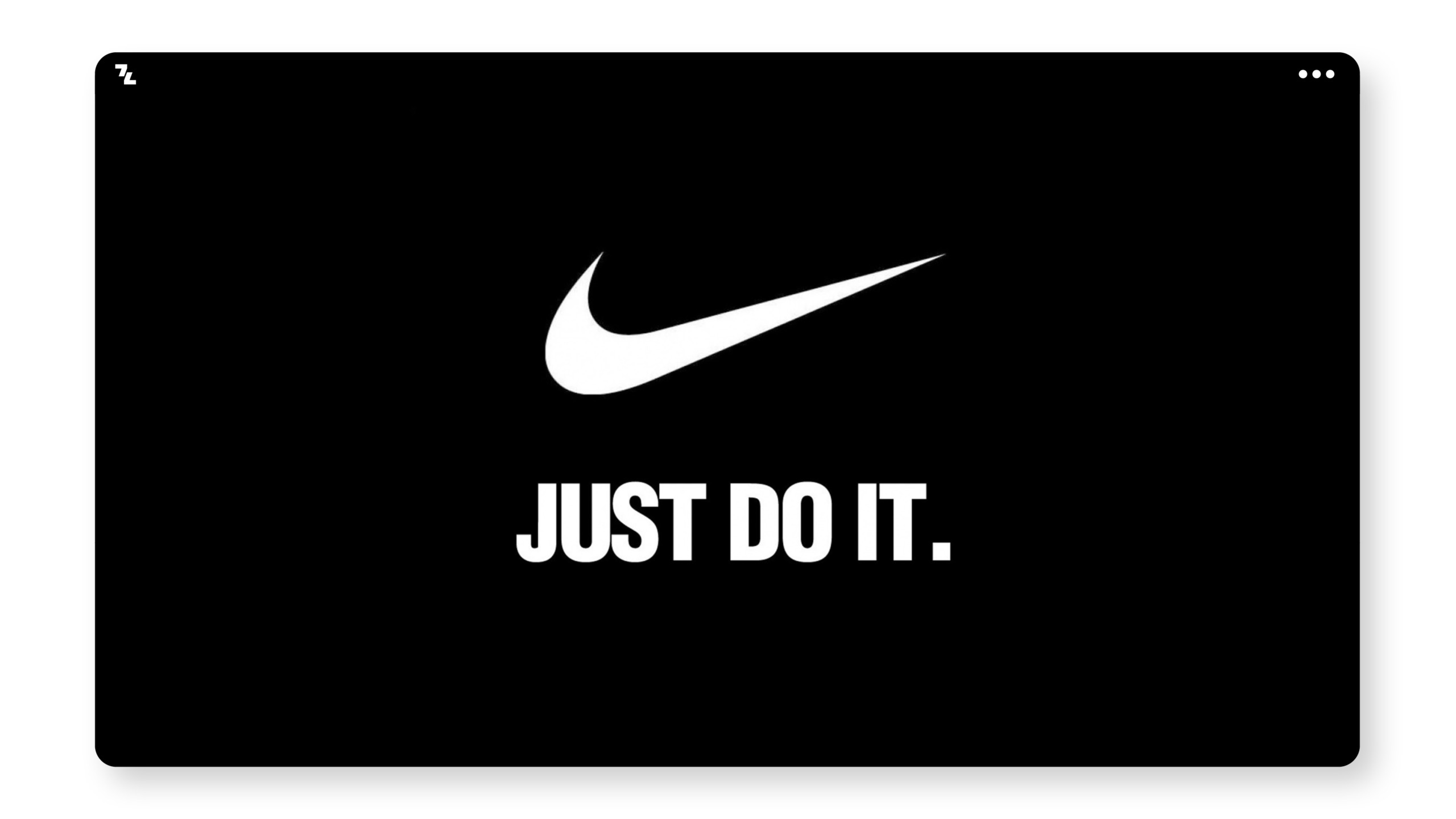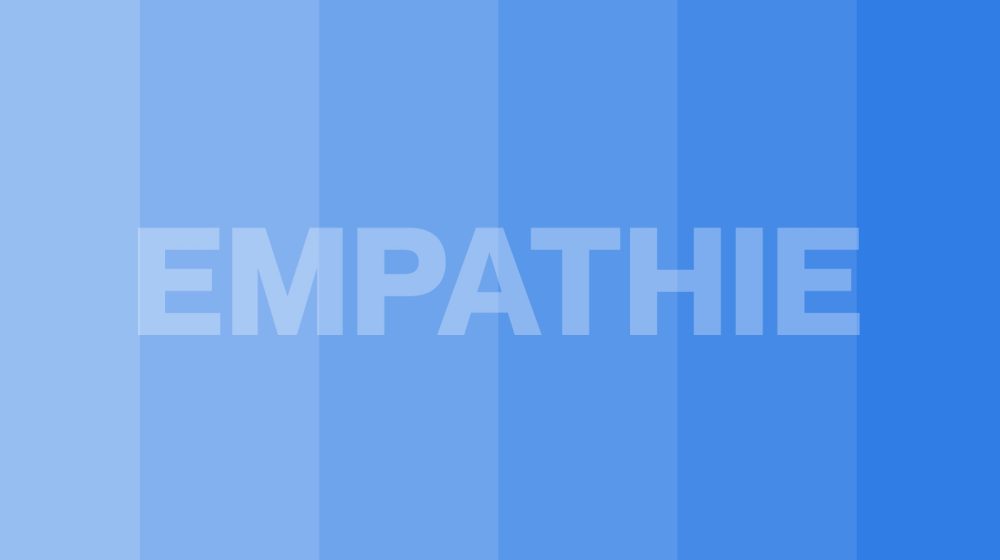Definition
In marketing, a claim refers to a statement or assertion that a company or brand makes about the benefits, features, or characteristics of its product or service. Claims are often used in advertising and promotional materials to persuade and influence potential customers to choose one’s product. These claims may take the form of slogans, catch phrases, or specific statements about the product’s performance, quality, or other attributes. It is important that companies ensure that their claims are truthful, accurate and not misleading.
You are currently viewing a placeholder content from YouTube. To access the actual content, click the button below. Please note that doing so will share data with third-party providers.
More InformationBenefit
A well-written and truthful claim can be an effective tool for companies to build brand awareness, stand out from the competition, and convince potential customers to choose their products or services.
A strong marketing claim can bring multiple benefits to a company or brand, including
Differentiation: A well-written claim can help distinguish a product or brand from the competition, making it more memorable and easier for consumers to recognize.
Persuasion: Claims can help convince potential customers to choose a product by highlighting its unique features, benefits and advantages over other options.
Brand recognition: a memorable claim can increase brand awareness and help ensure brand recognition over time, leading to increased sales and customer loyalty.
Competitive advantage: a strong claim can give a company a competitive advantage by positioning its products or services as better or more desirable than those of its competitors.
Consistency: Claims can help convey a consistent brand message across different marketing channels and communication platforms, creating a coherent and recognizable brand identity.

Examples
The following are examples of successful claims from brands that are known worldwide. Over the period, these claims have become taglines further developed.
Nike – “Just Do It”: This claim has become synonymous with the Nike brand and is a great example of a catchy and powerful claim that motivates customers and inspires them to take action.
Apple – “Think Different”: This claim has helped establish Apple as an innovative and forward-looking brand that values creativity and individuality.
L’Oreal – “Because you’re worth it”: this claim positions L’Oreal’s products as luxurious and high-end, underlining the idea that customers deserve the best.
FedEx – “When it absolutely has to be there overnight”: This claim underlines the speed and reliability of FedEx delivery services and has become a catchy and recognizable slogan for the brand.
M&M’s – “Melts in your mouth, not in your hands.” This claim highlights the unique attributes of M&M’s candy and has helped establish the brand as a fun and playful option for consumers.
Summary
The claim is an assertion, which is used in the course of marketing measures and aims at a clear differentiation from the competition. Often, the advantages, USPs and features in particular are strongly emphasized. In contrast to slogans but these are more specific in their formulation with regard to differentiation or advantages and USPs.






